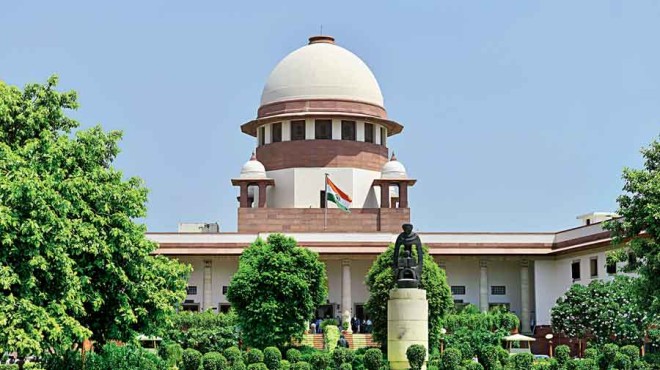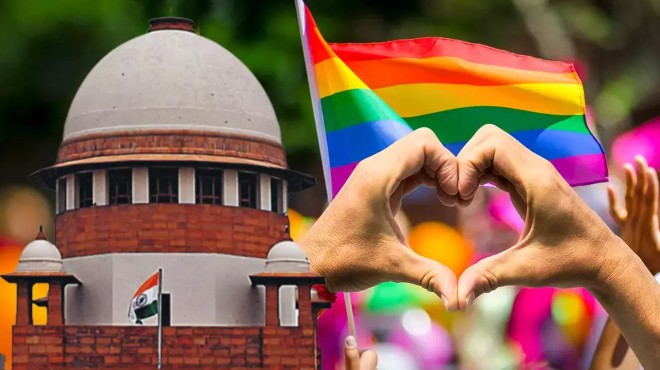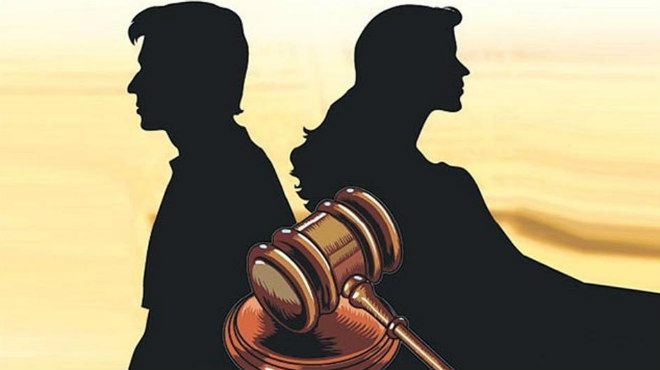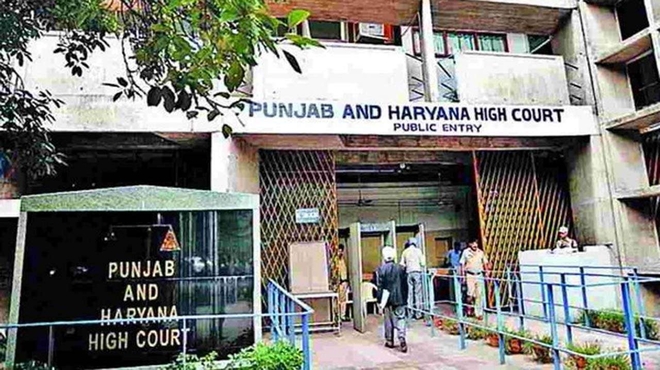US Family court upholds divorce by Khulla
September 11, 2016
A family law court in US has upheld divorce by 'khula' granted by a qazi in Mumbai to a Muslim woman and re-opened her case for divorce against her second husband there. 'Khula' is divorce initiated by a woman.
OUR TAKE
A Good decision made by the US family Court. Muslim personal law in divorce cases is often seen to be more inclined towards men, considering them to be more emotionally stable compared to their counterparts. This creates a disparity in the rights granted to men and women. A Khula is a Muslim women's right. It gives them an option to end the matrimonial relationship with her husband on her own terms without having to depend on her husband's permission. Let's hope Muslim women in India are also able to exert their Khula right at liberty.
Latest Legal News
.jpg)
3 Bills to Renew India's Criminal Justice System presented in Lok Sabha; All you Need to Know

âSorry state of affairs' in PoSH Act implementation; SC orders Govts. to ensure ICCs are constituted


 180+ Lawyers are online
180+ Lawyers are online 


.jpg)


